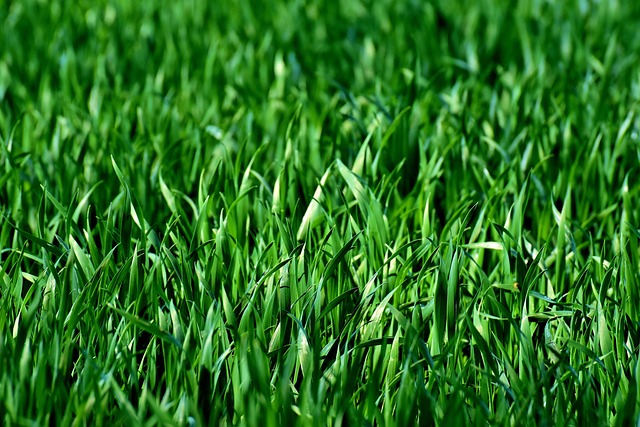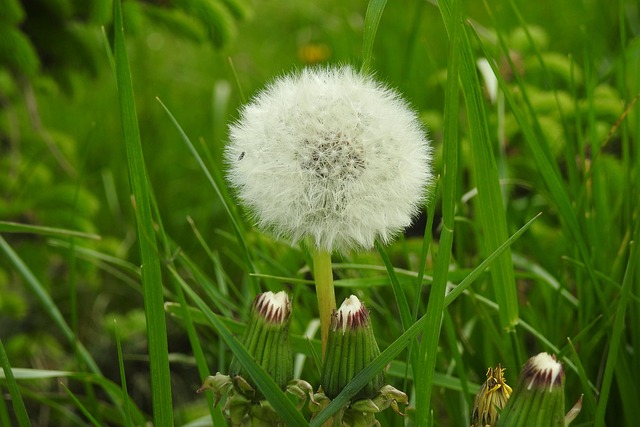Achieving a lush green lawn in Denver requires understanding and addressing unique climate, elevation, and soil challenges through tailored strategies. This includes selecting suitable grass varieties, optimizing planting and maintenance timing, regular watering, controlled mowing, balanced fertilization, and preventing soil compaction to ensure year-round lawn health.
In pursuit of a lush green lawn in Denver? Understanding the city’s unique climate and soil conditions is key. This article delves into tailored care programs designed to cultivate vibrant lawns specific to Denver’s environment. We explore customized planting strategies for robust growth and seasonal adjustments to maintain longevity. By implementing these expert tips, you’ll achieve the coveted lush green lawn that defines Denver’s landscape.
- Understanding Denver's Unique Lawn Care Needs
- Customized Planting Strategies for Optimal Growth
- Seasonally Adjusted Maintenance Programs for Longevity
Understanding Denver's Unique Lawn Care Needs

Denver, with its diverse and often unpredictable climate, presents unique challenges for lawn care. Achieving a lush, green lawn requires understanding and addressing specific local needs. The city’s hot summers and cold winters demand tailored approaches to maintain grass health. Additionally, varying elevation zones across the metropolitan area impact sunlight exposure, affecting grass growth rates.
To achieve a vibrant lawn in Denver, it’s essential to consider soil types, which range from clay-rich to sandy, requiring customized fertilization and irrigation strategies. Regular mowing practices should also be adjusted based on seasonal changes. Locals can benefit from professional programs that offer customized care, ensuring their lawns thrive year-round, despite the unique conditions Denver offers.
Customized Planting Strategies for Optimal Growth

Achieving a lush green lawn in Denver requires tailored care, addressing specific challenges like varying weather patterns and unique soil conditions. Customized planting strategies are key to optimal growth. This involves selecting grass varieties suited to Denver’s climate, ensuring adequate sunlight exposure, and accounting for drainage needs. Professionals often recommend mixing cool-season grasses like Kentucky Bluegrass with warm-season grasses such as Perennial Ryegrass to promote year-round health.
Moreover, customized care programs consider the timing of planting and maintenance activities. Spring and fall are typically ideal for lawn establishment and renovation in Denver. Regular watering during establishment, controlled mowing heights, and balanced fertilization contribute to a dense, vibrant lawn. By adopting these strategies, residents can transform their yards into lush green oases that thrive amidst Colorado’s diverse landscape.
Seasonally Adjusted Maintenance Programs for Longevity

Maintaining a lush, green lawn in Denver requires more than just regular watering and mowing; it’s about understanding and adapting to the region’s unique climate and seasonal changes. Seasonally adjusted maintenance programs are key to ensuring your lawn thrives year-round. In spring, when temperatures rise, focus on aerating and fertilizing to promote healthy growth. Summer calls for deeper watering less frequently to encourage deep root development while protecting against drought stress. As autumn arrives, it’s time to reseed bare spots and apply a layer of organic matter to prepare for winter. Finally, during winter, regular raking helps remove debris and allows snow to melt evenly, preventing compacted soil. By customizing your lawn care routine based on seasonal needs, you’ll achieve a vibrant, durable lawn that stands out in Denver’s diverse climate.
Achieving a lush, green lawn in Denver requires understanding and addressing the city’s unique climate and soil conditions. By implementing customized planting strategies and seasonal maintenance programs, homeowners can ensure their lawns thrive year-round. These tailored care programs consider growth patterns, weather fluctuations, and specific plant needs, resulting in a vibrant and healthy yard that becomes the envy of the neighborhood.
